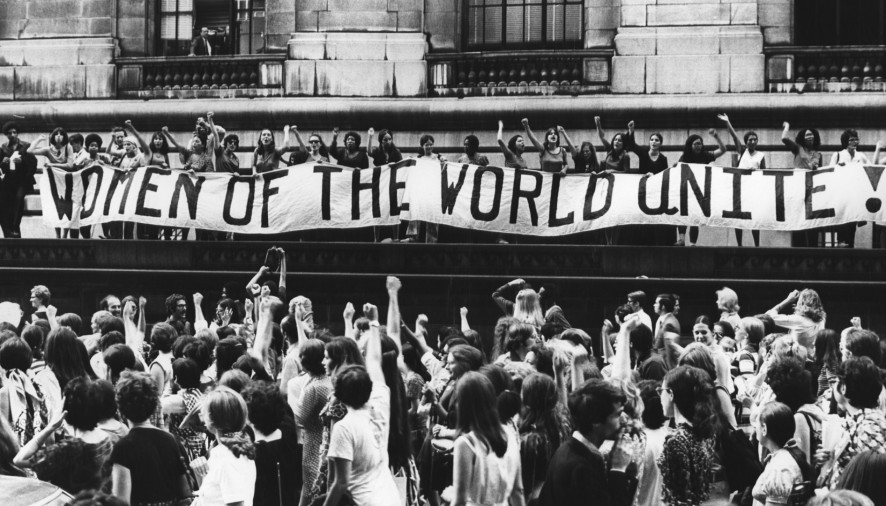This Week, The Gryphon interviews Emma Healey, Women’s Liberation Co-ordinator and NUS Women’s Conference Candidate at LUU, to find out more about her feminist beliefs and how she works with LUU societies to help bring about change at Leeds University.
In your own words, why is feminism so important and how does it impact upon your role?
Part of the reason feminism is so important now is because we are being told we don’t need it. We are being told that we have achieved equality whilst we are seeing our friends being raped; we are told we are equal whilst being paid so much less, whilst trans women (particularly those of colour) are being killed at a horrifying rate. Feminism is so important because it says that this shouldn’t be happening: feminism stands up to discrimination and oppression.
Thanks to you and the other Women’s Liberation Co-ordinators, Anja Komatar and Eleanor Price, consent classes are being introduced to Leeds University. What was your motive in introducing these classes?
For me and the other women’s liberation co-ordinators, consent seemed like an obvious place to start. Ideally we would be taught about it in school, but school PSHE is pretty shocking and doesn’t look like it will improve anytime soon. When 1 in 3 university age women experience sexual assault, it’s pretty obvious that the current system just isn’t working. Consent workshops have got a really bad rap lately with many seeing them as demonising men, or just about teaching not to rape. That’s not what they is at all – they are designed to be interactive, more like a conversation than a lecture. And it’s not just about saying don’t rape – it’s about learning what is and what isn’t consent, when someone can and can’t consent and how to say no. The experience of so many survivors of sexual assault include doubt and uncertainty, not knowing if what happened to them was sexual assault or their fault. Consent workshops mean people are more aware of what has happened to them. Hopefully through education we can stop the shame and self-blame that come up in so many survivors’ stories.
What do you think about the recent row over International Men’s Day?
I think the case of men and mental health is important: something that isn’t given enough attention. Men are more likely to experience loneliness and have no one to turn to, and we need to change the gender binaries so men can be more open about their emotions. Depictions of mental health problems tend to focus on women, completely excluding men. Feminism fights for men too: it tries to eliminate the gender binary that keeps us in little boxes. My only issue is when rape of men or men’s mental health is brought up to try and diminish women’s experiences. Why can’t we agree it’s all bad? Why does one have to be worse than the other?
In your role as a woman’s liberation co-ordinator you help students manage mental health issues and stand up for women’s rights. Do you think there is a connection between feminism and mental health?
Feminism and proper mental healthcare are both about fighting for a better place: a place where women can feel like they are worth fighting for. Feminism and mental health advocacy are both empowering for groups who are often told that their anxiety is irrational and that their feelings and thoughts are invalid. Feminism and mental health advocacy are about creating a space where all people are understood and cared for. It tells us that we, with all our flaws and contradictions, are valid. This isn’t to say there aren’t huge problems with discrimination within feminism and I don’t mean to erase that at all – it is a huge problem and something we can only really fix by incorporating intersectionality into our politics, and our activism.
Are you going to be organising any other events throughout the year?
Yes! Watch out for “Galentine’s Day” on the 13th February. It’ll be a day-long event aimed at celebrating and empowering women and non-binary people. With support from lecturers, societies and sports teams I’m sure this will be a fantastic event – get in touch with me if you want to get involved!
Siân Halas

